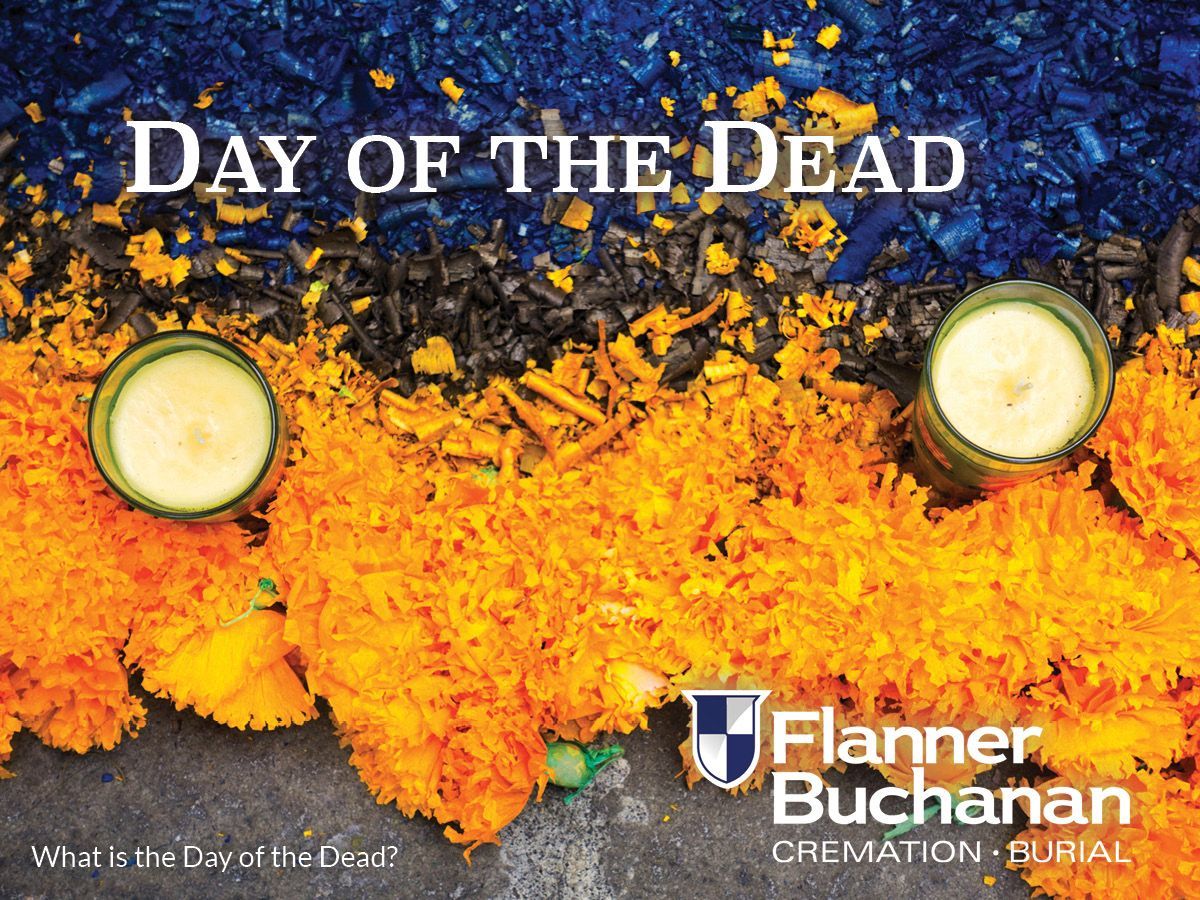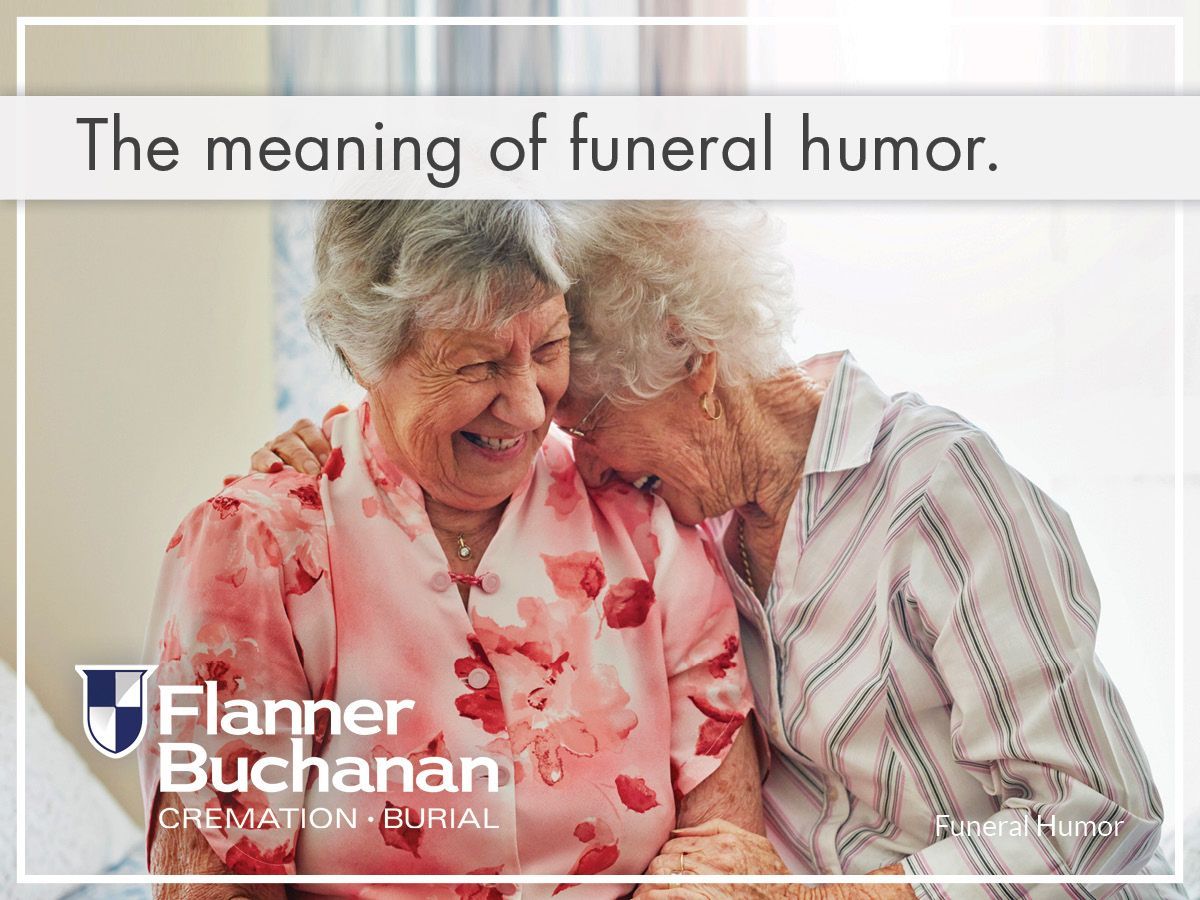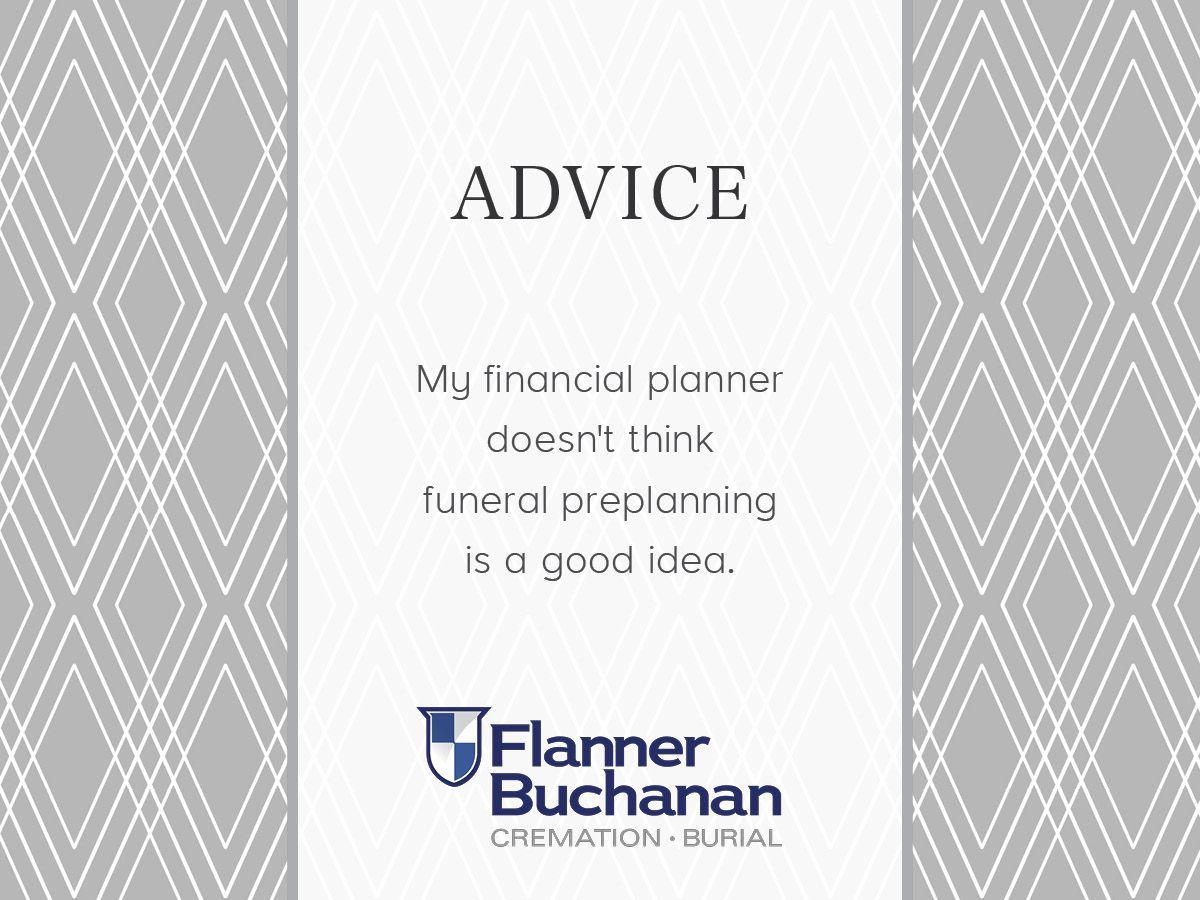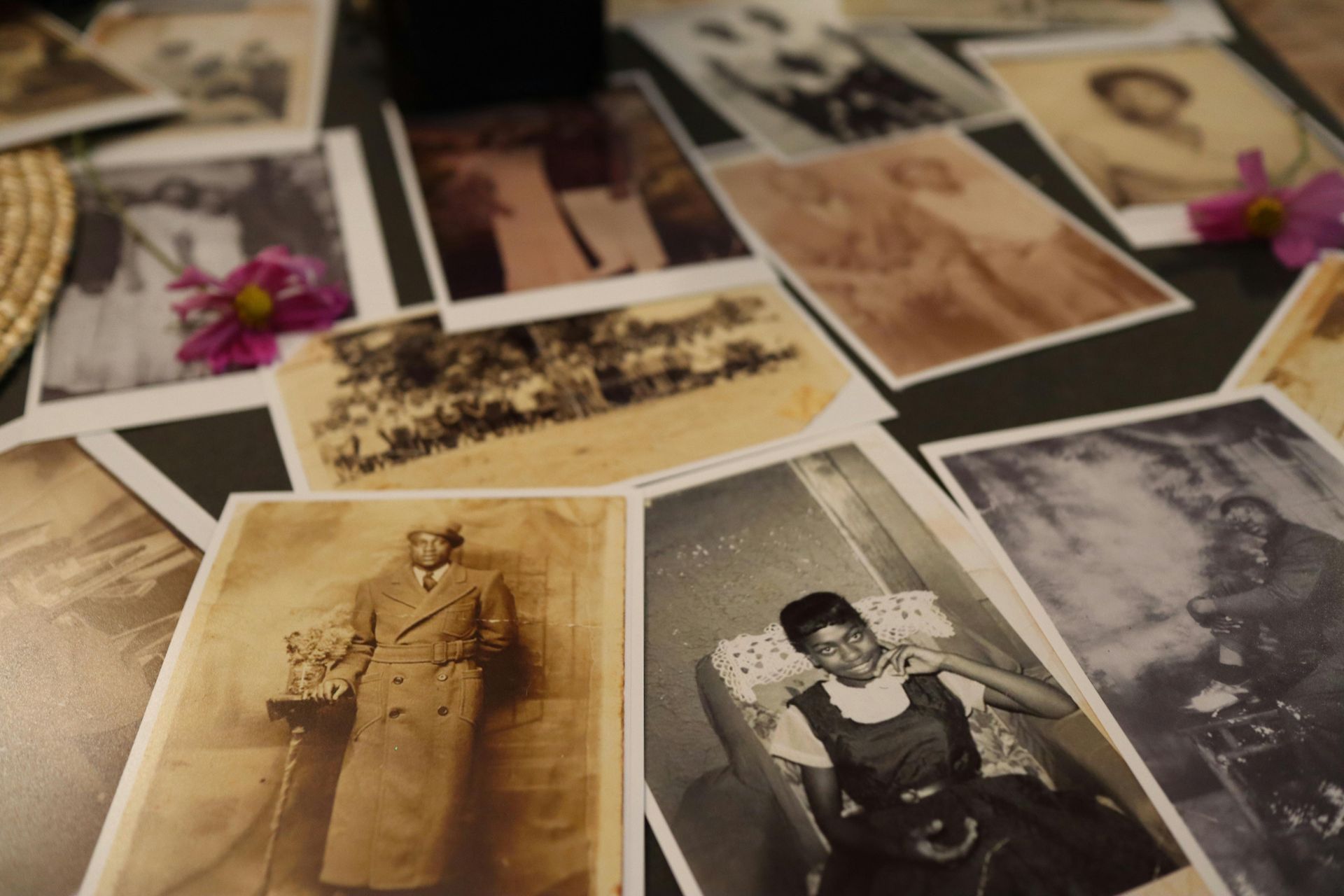Why Funerals Matter
by David Stamile, M.A., M.Div., BCC
Years ago, I made the decision to skip my own graduation. I told myself the ceremony would be long, tedious. and mostly forgettable. So, I stayed home. But what surprised me in the weeks and months afterward was how unfinished everything felt. I had worked so hard for that diploma, but without the ritual—the cap, the gown, the moment of crossing the stage—it never quite felt real. I had left something behind by not showing up to mark the moment.
I remember this moment when I hear people downplay the significance of funerals. “I don’t want a big fuss,” they say. “Just cremate me and be done with it.” I understand that impulse. But just like I didn’t realize what the graduation ceremony might have offered until it was gone, we often don’t realize the emotional and spiritual significance of funerals—until we are left without one.
The Theory Behind the Funeral
Grief scholar and clinician, J. William Worden names four essential tasks of mourning, and the first is accepting the reality of the loss. Attending a funeral or memorial service helps us do just that. Have you ever known in more conscious moments that a loved one has died, but out of habit picked up the phone to call them or been a bit surprised when they weren’t in their chair? If so, then you have experienced what some grief scholars call “middle knowledge” where you know your loved one has died, but in another sense you do not know. In other words you are likely working on the task of “accepting the reality of the loss” (Worden, 2018)
We need funerals to help us know more deeply that our loved one has died. We need moments of shared remembrance to allow us to bear witness—to what was, to what is no longer, and to the grief we carry together. When there is no service, it can feel like the loss never quite settles into our hearts. We are left with a quiet ache and a lingering sense that something was left undone.
Funerals play a vital role in helping people take the first steps in that process. They mark a clear moment in time when we stop what we’re doing, gather in community, and say: “This person mattered. This life had meaning. This loss is real.”
More Than Tradition
Some assume that funerals are only about religion or outdated custom, but that misses the larger picture. A funeral is a communal act of love and witness. Whether traditional or modern, religious or secular, elaborate or simple, the core purpose is the same: to gather, to name the loss, and to honor the life. Psychologists have found that people who participate in rituals after a loss—even small ones—often feel more supported and more able to cope. (See the study reviewed below in the section, Research that Matters for more explanation of this matter).
Funerals help people begin the difficult process of integrating a death into the ongoing story of their lives. They also send a message to the wider community: This person lived among us, and we remember.
Funerals are not just for the deceased; they are for the living. They are one of the ways we tend to each other’s grief, and to our own. The older adults I serve tend to be more in touch with our shared need for funerals. One resident in my community recently commented, “I didn’t even know they had died. I would have liked to say goodbye.” There was no drama in their voice; just a quiet disappointment. It is something I’ve heard from many: how hard it is when a neighbor dies and there’s no opportunity to gather, remember, or mark their absence together.
I suspect this quiet protest over the absence of funerals is, in part, an indirect way of saying, “I hope that when I die, someone will care enough to have a funeral for me.” The thought lingers: “Their life came and went with barely an acknowledgment; I wonder if that will also happen for me,” an idea suggested by Hoy (2025).
There is a certain stoicism in our culture that makes it hard to say directly, “I want a funeral, and I want it to be meaningful. I want people to come.” Instead, we come at it sideways: “It’s not right. Why didn’t we hold a funeral for them?"
Making It Easier to Talk About
It can be hard to talk about funerals ahead of time, but doing so can be one of the greatest gifts you leave behind. When families are left to guess what someone would have wanted, it can compound their stress and sorrow. When clear plans are in place—whether in writing or through a conversation—it allows survivors to grieve with fewer burdens.
Pre-arranging a service or even simply expressing a desire for one can help ensure that your life will be honored in a way that brings comfort and meaning to those who remain. A funeral doesn’t have to be somber or grand. It just needs to be true—a gathering that tells the story of life, surrounded by those who knew and loved.
References.
Hoy, W.G. (2025). Creating meaning in funerals: How families and communities make sense of death. Routledge.
Worden, J.W. (2018). Grief counseling and grief therapy: A handbook for the mental health practitioner, 5th ed. Springer.
The Author: Holding an M.Div. from Truett Theological Seminary, David Stamile is a board-certified chaplain and a student in the Doctor of Ministry program at Brite Divinity School in Fort Worth, Texas. Since 2020, David has been chaplain for Providence Village, an Ascension Living continuum of care community in Waco, Texas. Beginning August 8, David will be Director of Spiritual Care at Martha Jefferson House in Charlottesville, Virginia. He and his wife Erin have one son, Ben.











